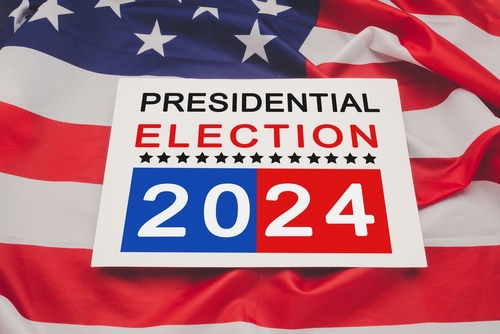Listen To Story Above
The Supreme Court declined Monday to review a lower court’s decision that prioritized school policies over parental authority.
The 7th U.S. Circuit Court of Appeals had ruled in a Wisconsin case that parents lacked standing to sue because schools’ covert transgender encouragement didn’t impinge on parental rights.
Three justices – Alito, Kavanaugh, and Thomas – favored hearing the case, recognizing its growing national significance.
Apparently, parents do not have a right to be notified when transgender and gender based curriculum are used in a kindergarten classroom. In WI, Parents DO NOT get to have a say in their 5-year-old’s education.
A lawyer for the @sunprairiek12 district tells WI mom to “cease and… pic.twitter.com/ih7PEML7R8
— Scarlett Johnson (@scarlett4kids) February 23, 2023
Alito stated, “This case presents a question of great and growing national importance: whether a public school district violates parents’ fundamental constitutional right to make decisions concerning the rearing of’ their children…when, without parental knowledge or consent, it encourages a student to transition to a new gender or assists in that process.”
Thomas concurred, noting, “We are told that more than 1,000 districts have adopted such policies.”
The Biden-Harris administration has championed transgender ideology worldwide, despite biological reality showing sex is determined at the DNA level and remains unchangeable.
Schools increasingly face scrutiny for secretly promoting gender transitions without parental knowledge.
The lawsuit originated from Wisconsin’s Eau Claire Area School District, where parents challenged policies enabling gender transitions while withholding information from families.
The appellate court determined parents couldn’t contest the policy without direct personal impact.
The parents argued, “As any parent knows, parental authority includes the right (and the solemn responsibility) to say no to children’s often short-sighted desires when necessary to protect them from themselves.”
Research indicates most children with gender dysphoria ultimately identify with their birth sex if not subjected to ideological influence.
The School Board for @DCEverestSchool in Wisconsin just voted 5-1 to adopt a new Title IX resolution that allows boys into girls' bathrooms and sports as long as they "identify" as female.
BOYS DO NOT BELONG IN GIRL'S SPACES. PERIOD. pic.twitter.com/zLsddWxltp
— Libs of TikTok (@libsoftiktok) September 9, 2024
Alito noted, “[T]he challenged policy and associated equity training specifically encourage school personnel to keep parents in the dark about the ‘identities’ of their children, especially if the school believes that the parents would not support what the school thinks is appropriate. Thus, the parents’ fear that the school district might make decisions for their children without their knowledge and consent is not ‘speculative.’ … They are merely taking the school district at its word.”
The plaintiffs, supported by 16 Republican-led states, alleged constitutional violations of parental and religious rights.
These transgender interventions often involve puberty blockers and surgical procedures altering natural development.
The legal challenge was initiated by a parents’ advocacy organization.






